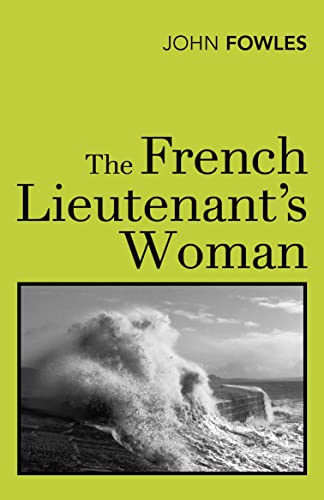"I do not know. This story I am telling is all imagination... I have disgracefully broken the illusion?""No."Many would argue the real main character of this novel; the oblivious young gentleman searcing desperatly for his own identity, or the young woman- the French Lieutenant's Whore, in fact - that he falls in love with.Both are incorrect. The most prominent character in this tale is Fowles himself. Writing from 1969, Fowles explores the Victorian era through every character he brings to our attention, with emotion that only comes from passionately studying the period. What manner of emotion? It ranges at times from commiseration to downright disdain.Fowles understand the conventions of typical Victorian romantic novels and brutally exploits them. The is no fallen woman who find redemption in the love of a man. No lovers attempting to overcome their separate classes. This novel understands Dickens and resents every image he made of Victorian England. The novel doesn't hold back, often finding itself delighting in some of lives harsher truths.The person you obsess and find yourself heart-sick over is often far from the idolised image you paint of them.Some men are haunted by the fact that there are women in the world far more attractive that the one they're with.And, despite every effort to pretend otherwise, women are capable of cruelty and manipulation that rivals, and even sometimes surpasses, men.In "The French Lieutenant's Woman", Fowles creates a world impossible not to find yourself lost in lost, without using any of fiction's cheap tricks. In fact, you may find that he'll use them against you, building up your expectations only so he can crush them with a wit that few novelists possess. A lot of criticism aimed at the novel seems to be based on confusion as to what it actually is. Is it a story of two lovers trying to see if they can discover themselves in one-another? An in-depth essay on Victorian values? Or perhaps a lecture on how novelist creates novel?In my opinion, it's all three of these. And if my conclusion on that matter has made you interested in picking this novel up, I utterly implore you give this novel the chance it has very rightfully earned. .


